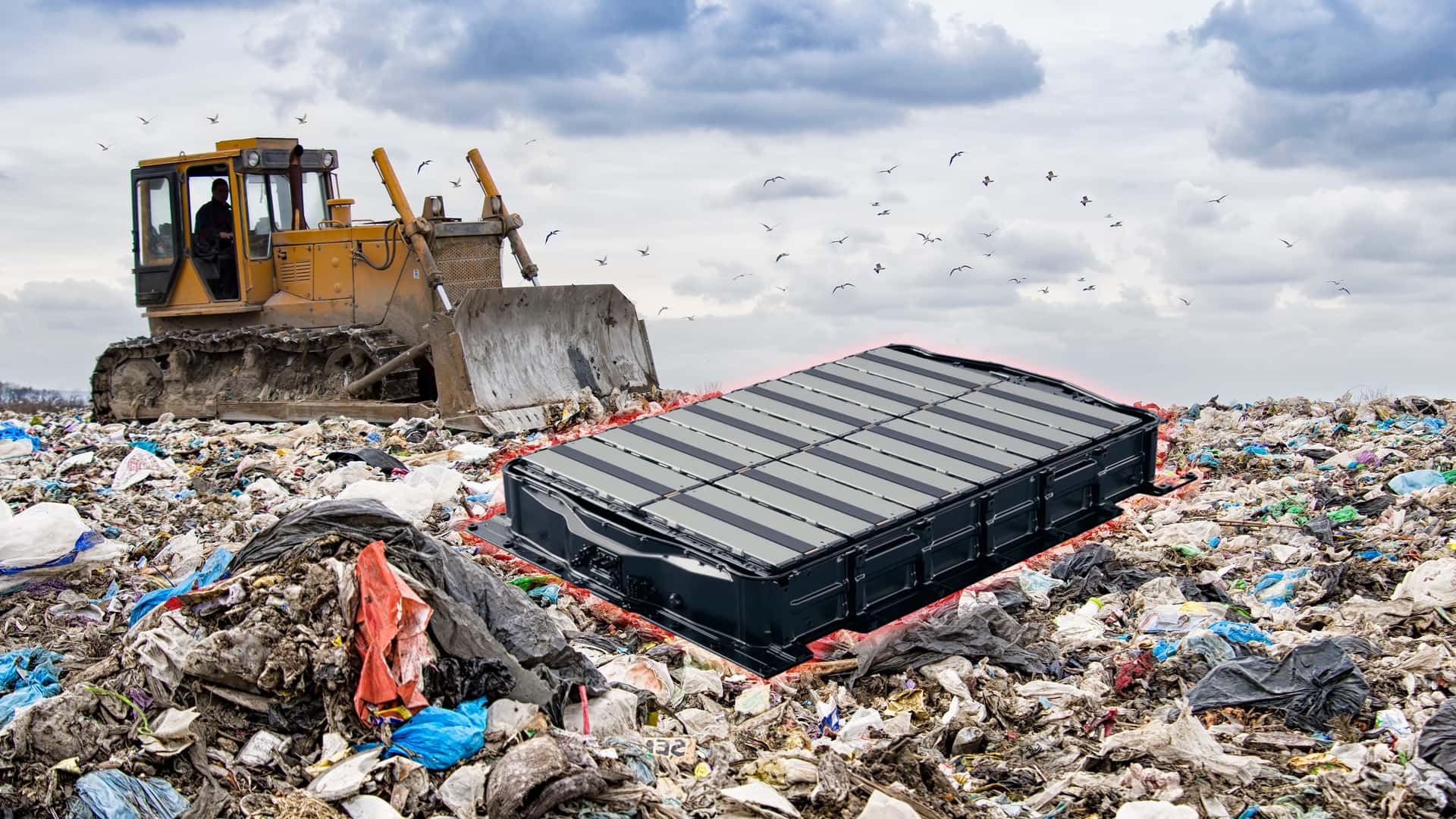Key Takeaways
- EV batteries typically exceed the lifespan of internal-combustion engines and are backed by warranties ensuring longevity.
- Even after vehicle use, EV batteries can serve as grid storage or backup power sources, enhancing energy efficiency.
- The rise of battery recycling initiatives ensures that valuable materials are reused rather than discarded, minimizing waste concerns.
Longevity and Utility of EV Batteries
Concerns about EV batteries becoming electronic waste are largely unfounded. These batteries demonstrate impressive durability, often outlasting the average lifespan of traditional internal-combustion vehicles. Companies in the automotive industry recognize the importance of reliability, which is why U.S. manufacturers are required to warranty EV batteries for eight years or 100,000 miles. Given the high costs associated with battery replacements, manufacturers are incentivized to produce long-lasting batteries.
The value of EV batteries extends beyond their initial use in vehicles. Even when they show decreased capacity—lasting at about 70%—they can be repurposed for secondary applications. An example can be found in Australia, where engineer Francisco Shi repurposes used EV batteries by connecting them to a grid in a former industrial space. This system involves charging batteries with solar power during off-peak hours and selling electricity back to the grid during peak demand, yielding profits while supporting local energy needs.
Beyond grid storage, EV batteries can also serve as backup power for homes. In emergencies, these batteries can replace traditional generators, providing reliable energy. As the production of solar energy continues to rise, particularly in regions with abundant sunlight, effective energy storage becomes crucial. EV batteries provide a solution that helps balance the grid, lowering electricity prices and reducing carbon emissions.
For any batteries that reach the end of their usable life, disposal won’t lead to landfill accumulation. The raw materials within the batteries are too valuable; thus, an emerging recycling supply chain is being developed globally. Various organizations are actively working to create economically viable recycling processes to manage these batteries once they are no longer functional.
In summary, the longevity and utility of EV batteries not only alleviate waste concerns but also contribute positively to energy grids and recycling markets. Society’s recognition of the intrinsic value in these batteries reduces the likelihood of waste, ensuring that they continue to serve a purpose long after their initial use.
The content above is a summary. For more details, see the source article.















